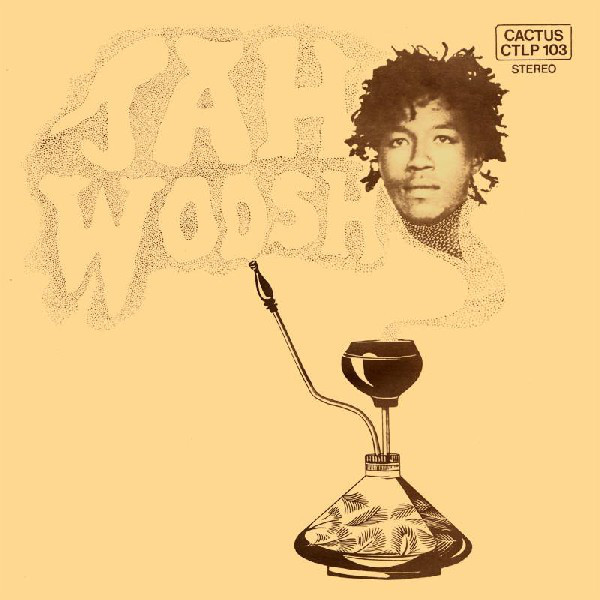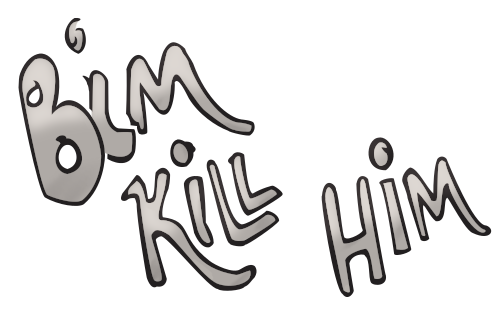1974, Cactus

- The Wanderer
- Reaction
- Crooked Skank
- Famine On The Land
- Chucky Jean
- This Train
- Liberation
- Batter Ears Skank
- Judy Drowned
- Pretty Paul
- Love Brother Love
- Meditation Dub
One hardship that anyone who listens to a lot of music will face is the challenge of really digesting the new music that you hear. It’s one thing to listen to a tune or album and have some impression of it and be able to make a few comments but it’s another thing entirely to really get the album, remember how a handful of the tunes go, and connect with it properly. How you listen to music makes a big difference to your ability to digest it too, and having a record on five times in the background while you do something else is probably equivalent to one time giving it your undivided attention. I believe that the musical digestion challenge is especially difficult in a genre like reggae where the music is fairly consistent and there’s less gimmicks, repetitive motifs vying for your attention, and diversity within the album than something like progressive rock or techno. As a result of all this you sometimes have to pick and choose which albums you feel are worth giving a proper go, dedicating three to twelve listens until it really sinks in, and which ones you don’t care enough about and would rather give up. Jah Woosh’s self-titled debut LP is one case of the former category for me – I’d had it on a handful of times and there was something in the back of my mind telling me that I did like it, but on the second and third and fourth and fifth listen I still felt somewhat lost and disconnected from the record. It sounds ridiculous even to myself as I write it down but I don’t think it was until the eighth listen or so that I really felt like I knew this album well. Currently I’m sitting at fourteen and it is time to make a couple comments.
In my mind, deejaying in the seventies is split up into what I call “early toasting” and “seventies deejaying proper“, and I draw the line at 1975 when Dillinger, Trinity, and Jazzbo all debuted on LP and steered the mainstream style away from the scatterbrained beginnings when the genre was brand new and people were throwing ideas at the wall to see what stuck. Among the early seventies deejays I find Jah Woosh to be the most normal sounding one, for lack of a better word – despite U-Roy being the premier style out on the scene, I feel that his style is on one end of the spectrum, totally opposite Big Youth, with Jah Woosh right in the middle. Which is probably the main factor contributing to this album being difficult to digest – Jah Woosh doesn’t have much in the way of defining characteristics. If you read my last post about Kelly Ranks you might feel there is some parallel to be drawn here but the crucial difference is that Jah Woosh is seriously good at what he does. He’s a deejay, just a deejay, not immediately distinct or special to the ears, but with the ability to consistently record sublime tunes time and time again. He has a good number of albums in the seventies and all of them up until (and not including) “Marijuana World Tour” fit the bill. Early toasting is orders of magnitudes more difficult to actually do than it sounds like it is, being a totally different beast to what deejaying turned into in the eighties and musically far more dense. Where deejays like Big Youth and Scotty sound like new artists to a new genre, Jah Woosh is a star youth in his prime, doing his thing and doing it well.
As you might expect from the date of the record, there’s not much going on lyrically, plenty of “tell you bout it” and “as I would say” and “no no never not at all” but Jah Woosh does bring a couple nice lines on tunes like Chucky Jean and the hit tune Judy Drowned, my favourite set being “Say I was teaching her how to dance, but she say she got a new style / She say she do the bossa nova, tell you, and I say that was from old days / And so she got to come in, the reggae way, as I would say”, and just writing these words down on the computer gives me that little sensation of joy that Jah Woosh’s style delivers. Riddims on this set are excellent from start to finish, courtesy of Rupie Edwards, very dubby for their age but also light-hearted and very melodic and full of little bits of harmony and musical goodness. In particular check out the bassline on This Train and the organ on Batter Ears Skank. I’m not yet well versed enough in the reggae of this era to say where these riddims come from, that will come with time, but you can hear the instrumental versions of them (exactly as they appear on this set) on a 76 record titled “Dub Basket Chapter II – A King Tubby’s Mix” credited to Rupie Edwards All Stars. They’re very good, but be warned there are a couple defects in the recording where some truly nasty feedback screeches come through, present on both sets mentioned here. So don’t put it on too loud for your first listen, and perhaps keep this one reserved for solo listenings, and spare your friends from tinnitus by choosing something else for your house parties.
My picks: Crooked Skank, Chucky Jean, Judy Drowned
Bim count: 0



Leave a Reply